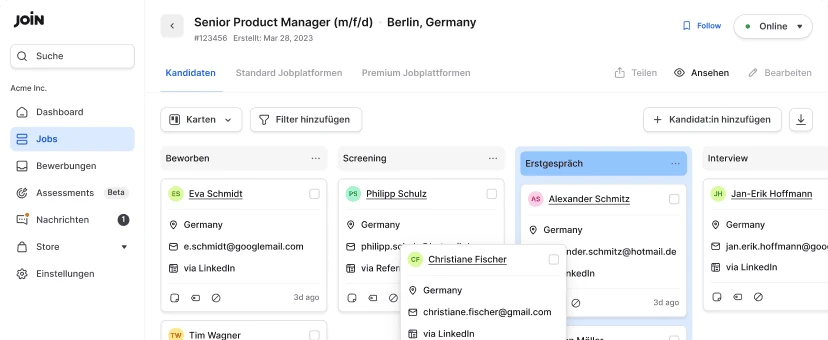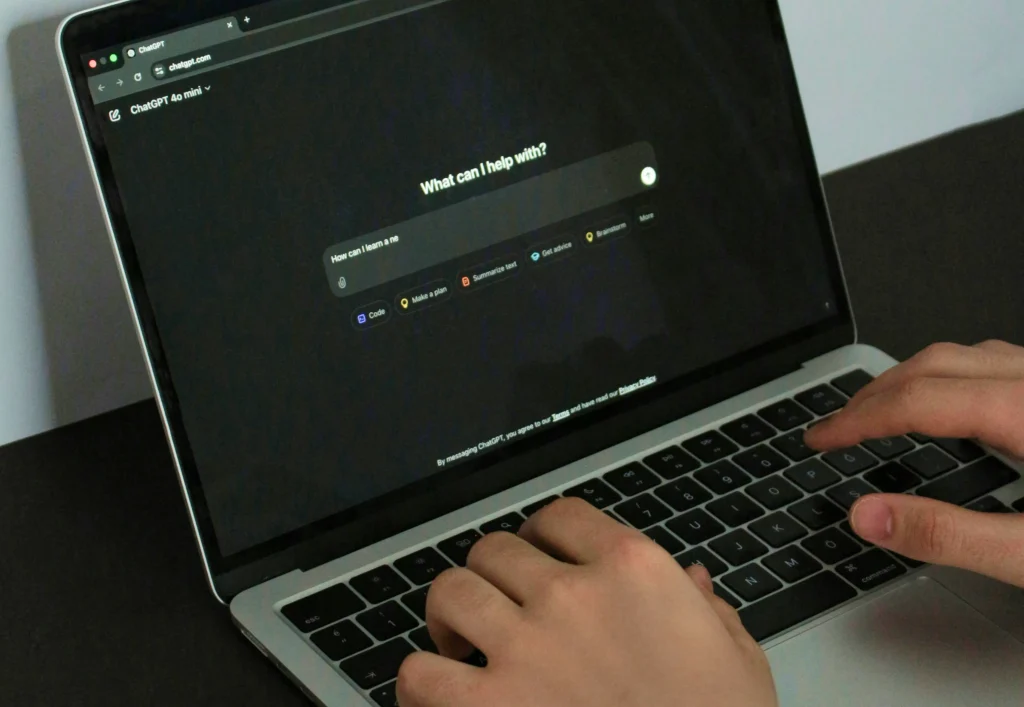Best interview questions for your hiring process
Civil Engineer Interview questions
A Civil Engineer plays a vital role in the expansion, maintenance and overall feel of a community. Bringing one into your team will ensure that daily life in your area is the best it can be, as well as cutting the costs of huge projects and ensuring the risks posed to other workers are minimized. Due to the complexity of this role, asking the right interview questions for a Civil Engineer is essential to assess their ability.
During the hiring process, the Civil Engineer skills you should be looking for are:
- Excellent design and visualisation skills.
- Ability to see a project from ideation to completion.
- Risk assessment skills.
- Ability to accurately communicate visions and needs to a team of construction specialists.
- Strong mathematical skills and budget planning ability.
- Fluency in at least one coding language,
- Ability to troubleshoot issues quickly and effectively.
- Experience designing virtual blueprints.
Depending on the tools and software your company uses, checking their comfort level with these is a good idea too.
Interviewing a Civil Engineer
When going through the interview process with a Civil Engineer, it’s essential to check their soft skills as well as their technical skills. Therefore, we’ve put together an interview guide that covers multiple different skill sets.
It’s worth noting that in terms of civil engineering these are basic questions to be used early in the interview process, which will help you assess whether to proceed to more in-depth interview stages.
How to open the job interview
Anyone who has had a job interview before will understand that they’re a nerve-wracking experience. Therefore, it’s worth putting in a little time at the beginning of the interview to help put the candidate at ease and ensure a natural conversation flow.
This is simple to do by asking a few positive and laidback opener questions, which will set the atmosphere for the rest of the interview.
Best interview questions for your hiring process
See our Civil Engineer Job Description hereFor the interview
A positive opener to start
What Civil Engineering project that you have worked on are you most proud of?
How did you get into Civil Engineering?
Behavioral Questions
How do you organise your time when in the beginning stages of planning a big project?
What are the biggest challenges of being a civil engineer and how do you overcome them?
Here you’ll get an idea of the parts of the role that your candidate finds difficult, but also an insight into their problem-solving skills and how well they cope with a challenge.
How do you deal with constructive feedback from clients or co-workers?
Civil Engineering is an extremely collaborative and complex industry, knowing that your candidate can not only deal with feedback but take it on board and learn from it in the long term is essential.
Which are your three priority factors when planning a project?
Here you will get an idea of how deeply the candidate understands their role and whether their priorities and values align with that of your company. Safety, efficiency and adherence to laws are three examples of priority factors, although other factors can make up an acceptable answer too.
Soft Skills
When receiving pushback from a stakeholder regarding permission you need to continue your project, how do you move the conversation forward?
Negotiation and communication are two essential skills needed in a Civil Engineer. This answer will give you an insight into the strength of these skills in a candidate.
If you were to find a fault in a project plan once construction had already begun, how would you report and deal with this?
Here, you are looking for efficiency, communication and problem-solving skills in the candidate. Even a small flaw in a plan can derail a project and cause serious safety issues. Knowing that a candidate can provide swift communication on this type of issue, along with providing a solid action plan is a huge plus in this role.
When explaining technical processes to an individual from a less technical background, how do you ensure that your point is getting across clearly?
This is a situation that will often arise in a Civil Engineer role, knowing that their communication skills are thorough enough to keep all stakeholders updated throughout their project is essential.
What do you do to stay up-to-date with the latest software and tools used in the Civil Engineering industry?
Civil Engineering is a fast-paced and ever-changing industry, knowing your candidate has the motivation and drive to stay up to date with the latest developments will mean you’re making a futureproof hire.
When it looks as though a project will not be completed by the deadline you anticipated, how do you deal with this?
Adaptability is essential in this role, here you’re looking for an answer that demonstrates the candidate’s ability to communicate with stakeholders as well as relocate resources to help speed a project up safely.
Hard Skills
Which software and tools do you have the most experience working with?
Here you’ll get a good idea of which existing tools the candidate will bring to the team, alongside an idea of what they will need to be onboarded on.
What experience do you have with programming languages?
This is an especially important skill for a Civil Engineer to have if you work in a business that highly relies on digital engineering plans.
What skills do you possess that make you a great fit for this position?
Here you’ll get a clear idea of a candidate’s strengths and confidence, as well as a deeper idea of how well they understand the role.
Which points and measurements do you use to ensure site safety?
Knowing that the candidate has a solid list of KPIs and regular checks that they use will both reassure you that safety is at the forefront of their priorities and indicates that they have solid experience in this area.
Which stakeholders do you have the most experience working with?
A Civil Engineer will often have to liaise with construction managers, safety inspectors and various other stakeholders. Knowing your candidate has experience with this will ensure they are knowledgeable in the language and communication styles of these departments.
Operational / Situational Questions
Describe a time when you have had opposing views to a stakeholder on a project. How did you mitigate this?
With projects that have many stakeholders, opposing opinions and blockers will often come up. Here you will get an insight into how a candidate has dealt with this in the past and to the strength of their people skills.
Walk me through your pitching process and how you ensure you sell your idea to clients.
A good pitching process is essential in a Civil Engineering role, being able to accurately describe the USPs and pros of a project, as well as predefine and mitigate any struggles will help inspire confidence in clients and secure approval.
Tell me about a time a project or part of a project went particularly well, what caused this and how did you learn from it?
Knowing that a Civil Engineer is constantly learning from their experience is incredibly important. This question will give you the opportunity to hear about a strength the candidate has and how they grow within their role.
What were your main responsibilities in your last position? How did you prioritise these and ensure each was met?
This will give you an idea of how well a candidate’s experience matches up with your requirement, as well as how well they self-manage their time and responsibilities.

Start hiring and prepare your interview
All platforms are available for you to promote your job through JOIN.
Create job ad for free


Organisation is one of the Civil Engineer skills that matters the most. Knowing they can stay organised from the start of a project is essential and will give you peace of mind that they are capable of the challenges of the role.